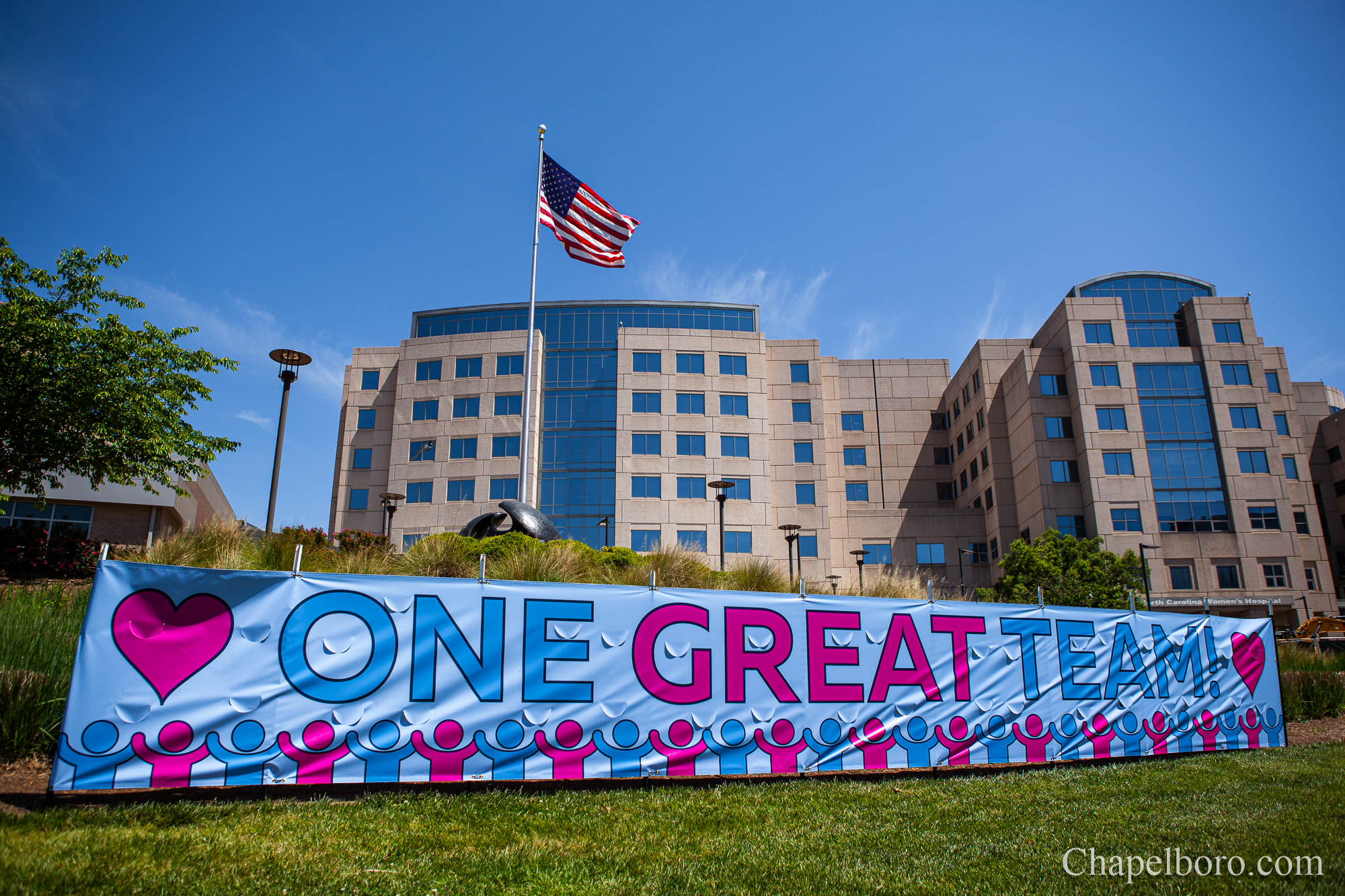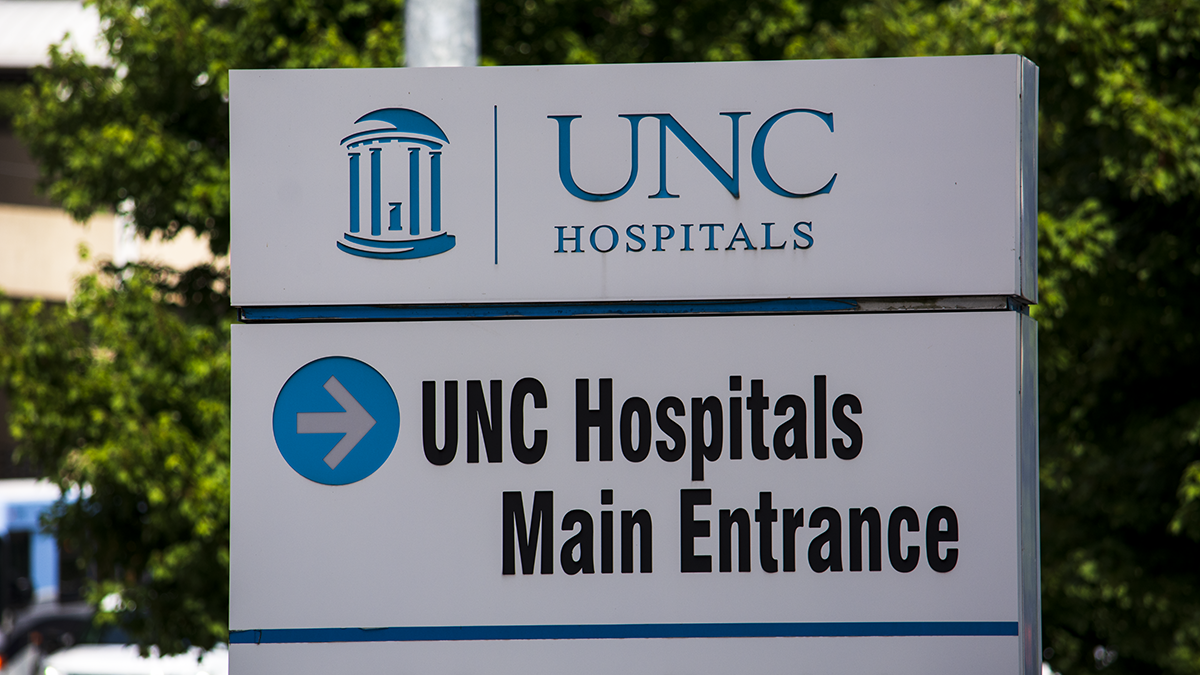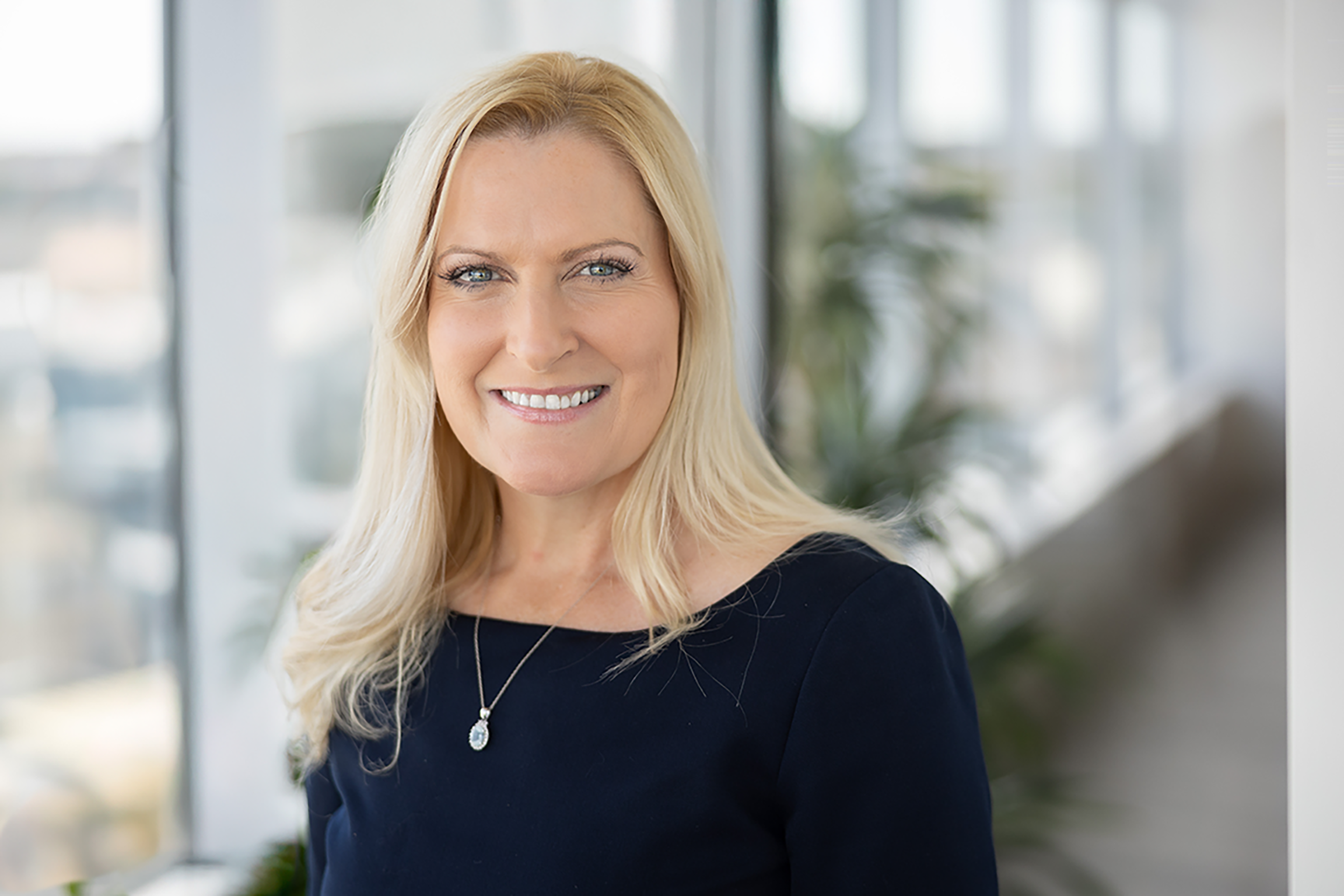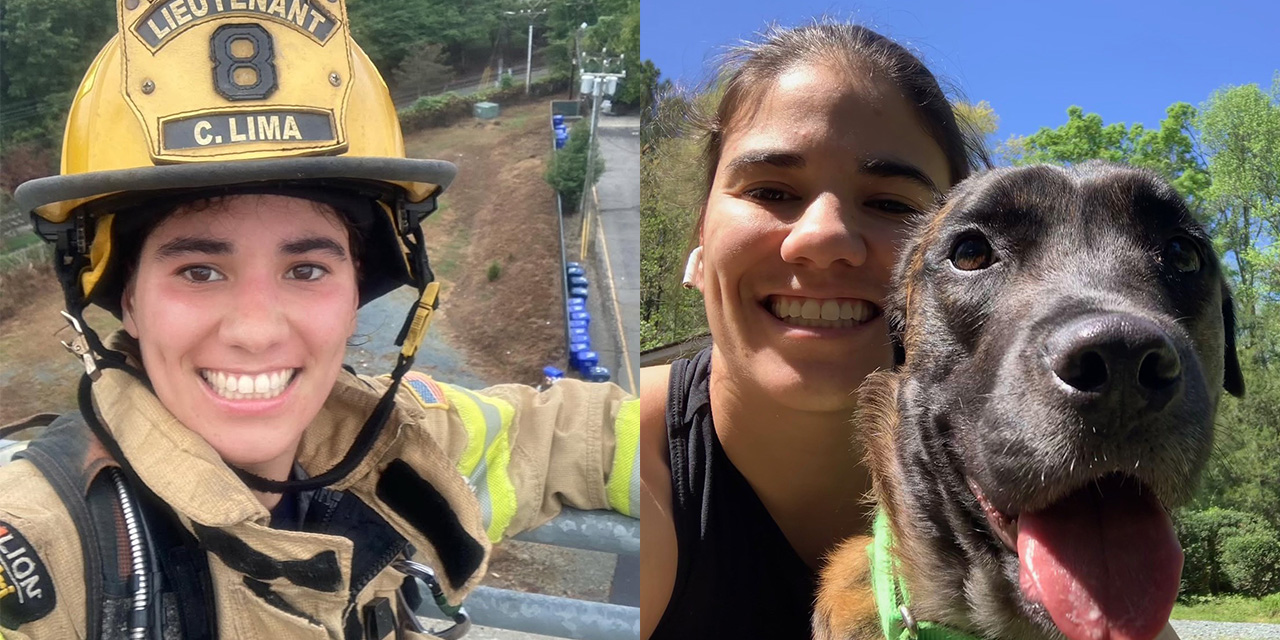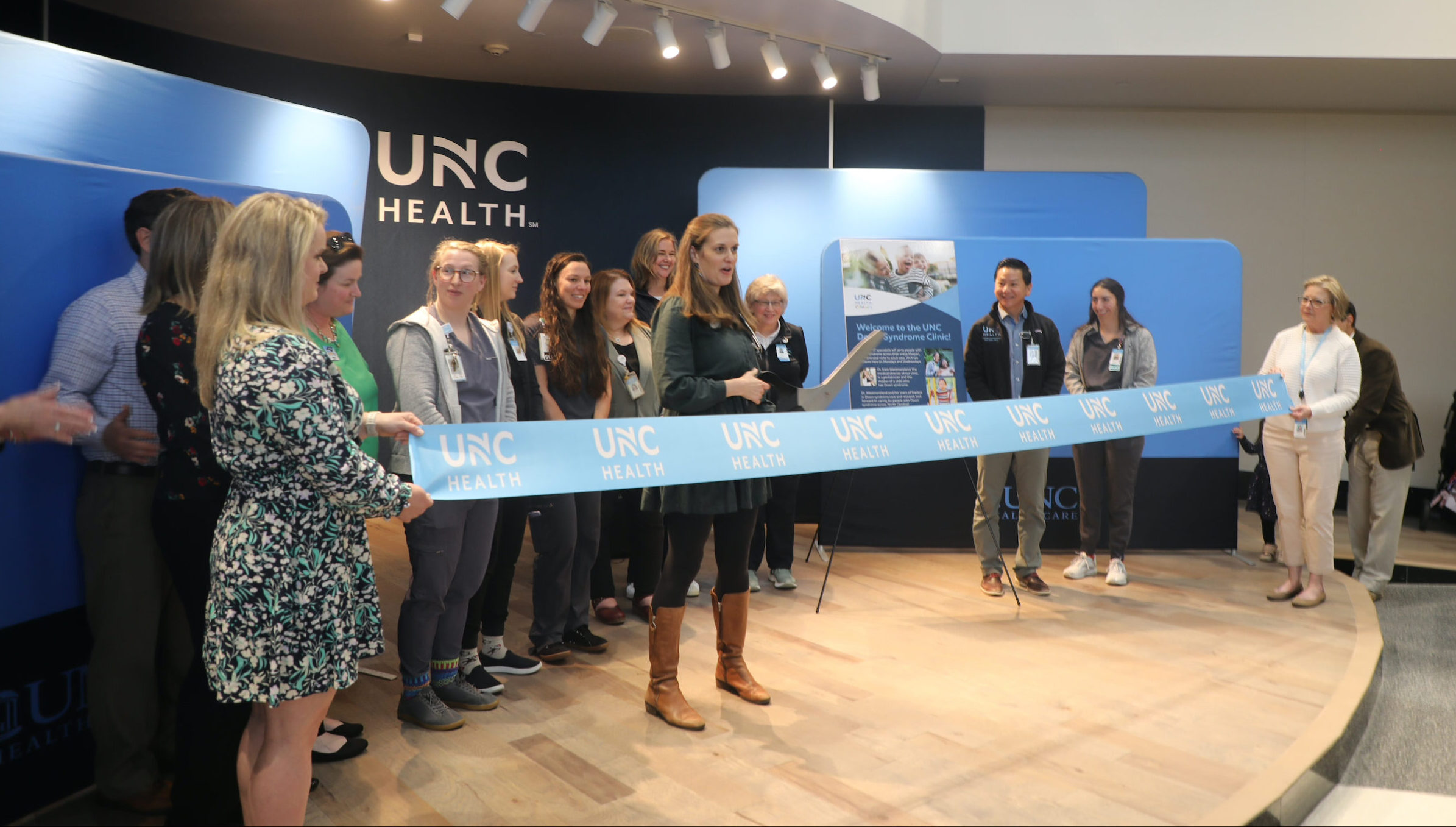In light of April being Sexual Assault Awareness Month, in this edition of Addressing Taboo Topics, we take a look into how healthcare providers and peers can better support victims of sexual assault and violence.
One program at UNC Hospitals has been supporting and advocating for victims of sexual violence since the 1990’s. This work remains critically important as, according to the Rape, Abuse & Incest National Network (RAINN), every 73 seconds an American is sexually assaulted.
UNC Hospitals’ Beacon Program provides comprehensive, coordinated care to UNC Health patients, families, and employees experiencing a variety of interpersonal abuse. It includes services for victims of domestic abuse, intimate partner violence, human trafficking, and sexual assault.
“I think what a lot of people have a hard time wrapping their mind around still is this idea that sexual violence can happen to anyone,” said Melinda Manning, director of the Beacon Program.
She said one of the primary goals of the program is to promote continued education for staff to better provide “trauma-informed” patient care.
Trauma-informed care is the understanding that many patients have experienced trauma at some point in their lives – whether it be sexual assault or otherwise – and that providing care with that knowledge leads to creating a safer and non-triggering environment for survivors.
“The reason why it’s so important in healthcare is because we know that trauma really leads to a lot of negative health outcomes in a lot of ways,” Manning said. “One way you see it, is that unfortunately a lot of individuals who’ve experienced sexual assault may avoid actually receiving healthcare.”
Manning said healthcare settings should always be a safe place for patients to disclose any trauma that they have experienced – particularly those, like sexual assault, that may interfere with their health goals.
“The biggest thing is just making sure that all providers are aware that any patient could have experienced trauma,” Manning said. “It’s not just patients that look a certain way – and that trauma they’ve experienced in the past may really still be affecting them today and particularly affecting them in how they present themselves in the healthcare setting.”
Manning said, unfortunately, many healthcare providers do not receive any training on sexual violence and trauma-informed care while in medical school. The Beacon Program works to fill those gaps, informing providers on best practices.
Because sexual assault is so prevalent, with 1 in 6 American women and 1 in 33 men having experienced completed or attempted rape during their lifetime, Manning said conducting routine screenings that ask direct questions about sexual violence help to normalize what is still considered a “taboo” conversation.
“We’re asking questions about other aspects of your health, we should be asking questions about this too because this is a part of your health and wellbeing,” Manning said. “What we know is that even if patients don’t feel comfortable disclosing, they still appreciate being asked.”
Educating physicians isn’t the only step forward, however, in getting victims of sexual assault the help they need. Manning said, often, education needs to start with the survivors – to help them recognize that their experiences are valid and worthy of seeking treatment.
“Patients will say things like ‘well I don’t know if this really counts because he didn’t actually rape me’ – that’s kind of a really common statement – and so we’ll do some education saying, ‘this is what sexual violence looks like,’” Manning said. “It’s really a wide variety and it’s really all about unwanted sexual contact that was against your will – and it’s really normal to feel a lot of different emotions because of that and have it affect your life.”
Whether you are a physician or a friend, supporting survivors sometimes means providing resources – such as how to reach the National Sexual Assault Hotline, seek medical attention, or report the crime to the police – but often, Manning said simply listening is the best medicine.
“The most important thing you can do as a friend if someone discloses sexual assault to you is to believe them,” Manning said. “It’s a hard decision to decide to disclose to anyone and it’s not a decision that survivors take lightly. So, what they need from you is not advice, they just need support. They simply need you to believe them and saying a simple statement such as, ‘I believe you and I’m sorry this happened to you’ can be incredibly powerful and can go a long way.”
For more information on how to support survivors, or to receive free, confidential care through RAINN, click here. To receive care through UNC Hospitals’ Beacon Program, click here. For more survivor resources through the North Carolina Coalition Against Sexual Assault, click here.
Check out the last issue of “Addressing Taboo Topics” regarding problem gambling here.
Have a taboo topic that you feel needs to be addressed? Send your ideas to elle@wchl.com.
Chapelboro.com does not charge subscription fees. You can support local journalism and our mission to serve the community. Contribute today – every single dollar matters.


